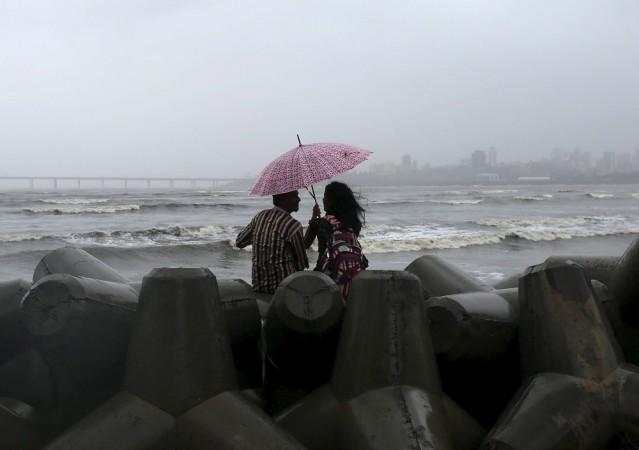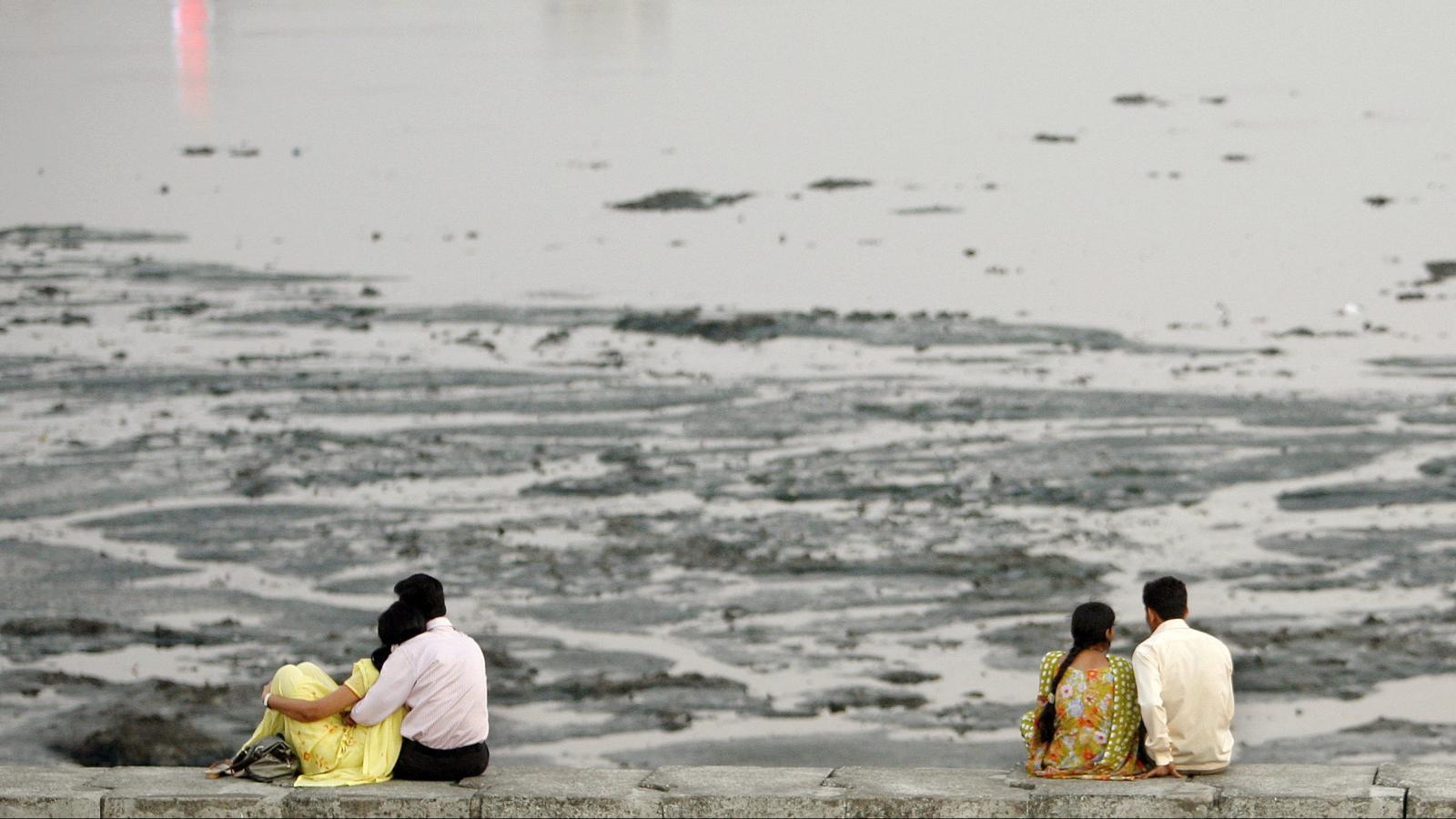Editor’s Note: FII’s #MoodOfTheMonth for February, 2022 is Redefining Love. We invite submissions on the many layers of love, throughout the month. If you’d like to contribute, kindly email your articles to sukanya@feminisminindia.com
There is something wrong in the way we love. Love is a beautiful feeling, a feeling of hope without which life is banal. But unfortunately, in the society we live, love is plagued by the culture of misogyny, restrictive parenting, sexism in movies, casteism and classism. All these factors mislead us in the way we love, and try to slot the emotion itself into problematic boxes.
It is an uncomfortable truth that even in today’s time and age people meticulously follow the tradition of marrying within their caste, religion or and class. As per a 2016 report from the National Council of Applied Economic Research, only 5 per cent of the marriages in India are inter caste.
Today, love is politicised and vilified to an extent where if a Muslim man marries a Hindu woman, it is alleged to be love Jihad. Casteism, hate and prejudice are very much prevalent today, and all of this seems to be conditions to love. For an emotion like love, nobody would have fathomed that there are terms and conditions, but our reality affirms that it is not the case.

If we were to analyse the data from the National Crime Records Bureau from 2019, it can easily be concluded that India is unsafe for Bahujan and tribal women. Compared to 2018, there has been a 7.3 per cent increase in caste-based crimes against women from Bahujan communities. In a paper published by the UMass Amherst Political Economy Research Institute in 2019, economist Deepankar Basu says that since 2014, there has been a 300 per cent increase in hate crimes against people from religious minorities.
For a country like India, a social osmosis is imperative to reverse this situation like B.R Ambedkar, the architect of our constitution emphasises while elaborating on the need to do away with endogamy. I think we have forgotten what love is truly supposed to do. There is something radical about love, something revolutionary
In this context, it is very clear that here is something inherently wrong in how we seem to pursue love. Our hearts have become divided, and maybe a divided heart cannot love. We have Anti Romeo squads to “protect women” from harassment when all it actually does is moral police relationships between two people.
Love has become consumerist in the digital space as well, where algorithms find us the ‘perfect match‘, the parameters for which are rooted in the same problematic tenets of division. As a result, the concept of love has been misconstrued as an economic transaction, a socio-moral coalition, or a sexual contract, where the dominant position is held by men and people with social capital. So the question is – has love completely died? If not, what does it mean to love in our times?
Also read: Public Spaces, Obscenity Laws And The Policing Of Affection

In school, we are told that love is a “distraction”. We are made to believe that love is a terrible thing, a misleading temptation that is supposed to test your self-restraint. We are taught not to give into our emotions, that falling in love is shameful. Love is constructed as an anti-spiritual, capitalistic, immoral persuasion which is against Indian culture until we reach a certain age.
Then, we are forced to go on blind dates where well meaning relatives and family members find us our perfect soul mates through matrimony websites.
What matters is whether or not your relationships are your choice, and if they are based on what you feel comfortable with, what you truly want and need. Love should be founded on mutual respect and if you have found that, then that in itself is hopeful and revolutionary. Heterogeneous nations like India really need to make space and encourage radical love, a love that knows no boundaries, one that is not based on caste, class and social calculations, but feelings of oneness
For a country like India, a social osmosis is imperative to reverse this situation like B.R Ambedkar, the architect of our constitution emphasises while elaborating on the need to do away with endogamy. I think we have forgotten what love is truly supposed to do. There is something radical about love, something revolutionary.
As Sally Rooney puts it in her novel “Normal people” – No one can be independent of other people completely, so why not give up the attempt. Go running in the other direction, depend on people for everything, allow them to depend on you, why not?
We have read and witnessed so many examples of people falling in love against odds, during holocausts, world wars, against gender binaries and tough times. It is tie we acknowledge that tenderness is a gift that we have forgotten how to use. The society binds us with terms and conditions when all that should matter love is whether you are happy, and if you feel safe and comfortable.

What matters is whether or not your relationships are your choice, and if they are based on what you feel comfortable with, what you truly want and need. Love should be founded on mutual respect and if you have found that, then that in itself is hopeful and revolutionary.
Heterogeneous nations like India really need to make space and encourage radical, diverse love, a love that knows no boundaries, one that is not based on caste, class, gender and social calculations, but feelings of oneness.
Also read: Tracing The History Of Pants, Gendered Clothing & Moral Policing Of Women
Featured Image Source: Quartz
About the author(s)
Zeba Vagh is pursuing her degree in screen writing from Whistling Woods Mumbai International. An aspiring writer, her work has been published with the Live Wire. She can be found on Instagram.




